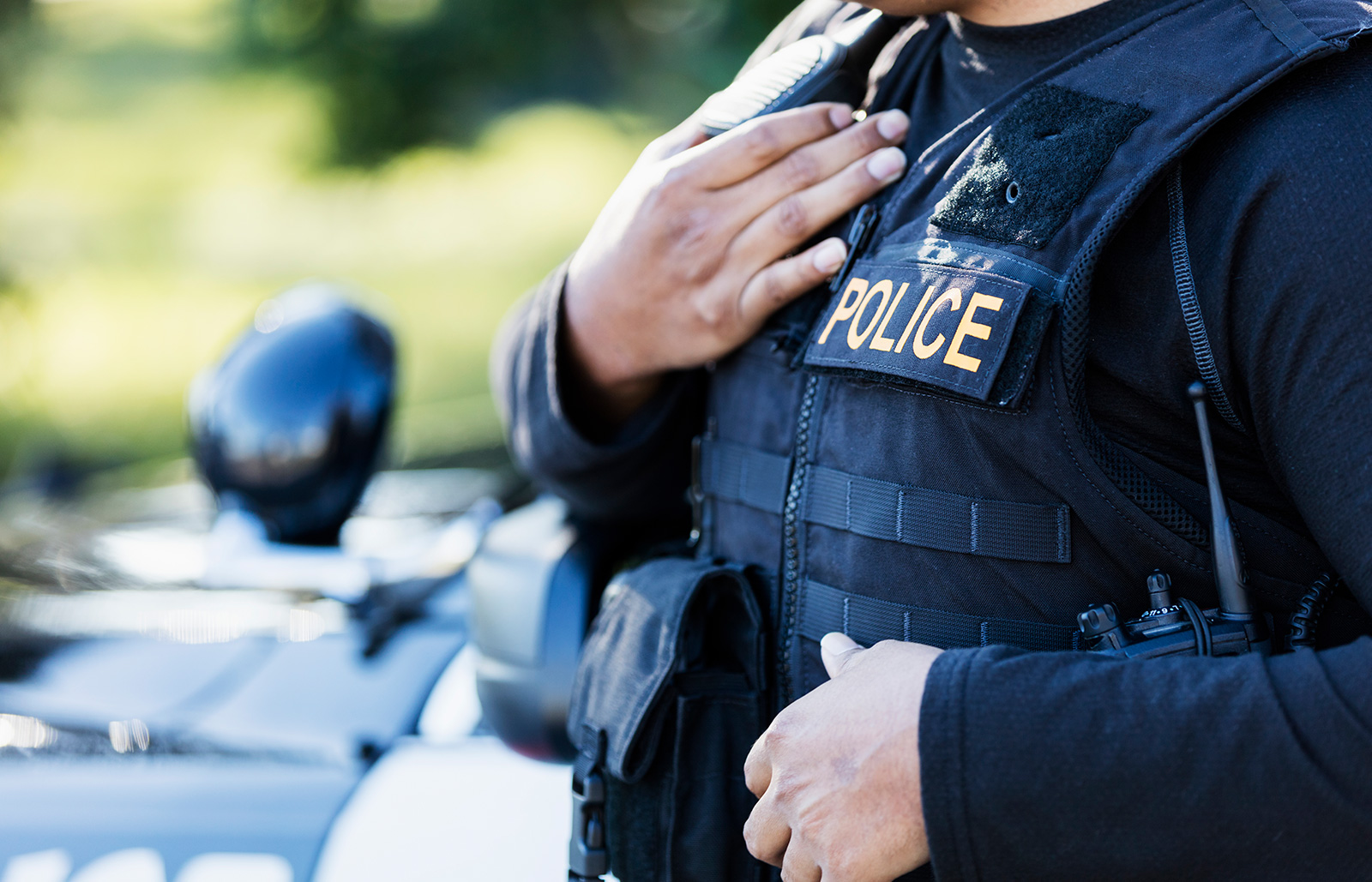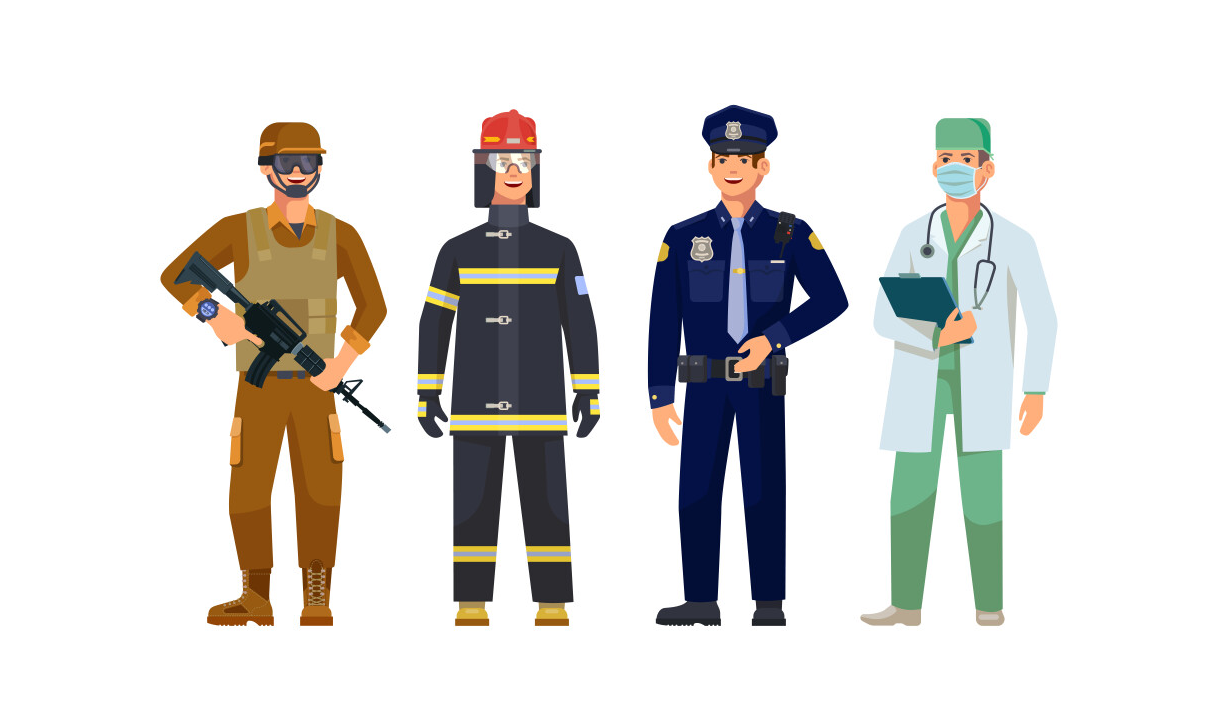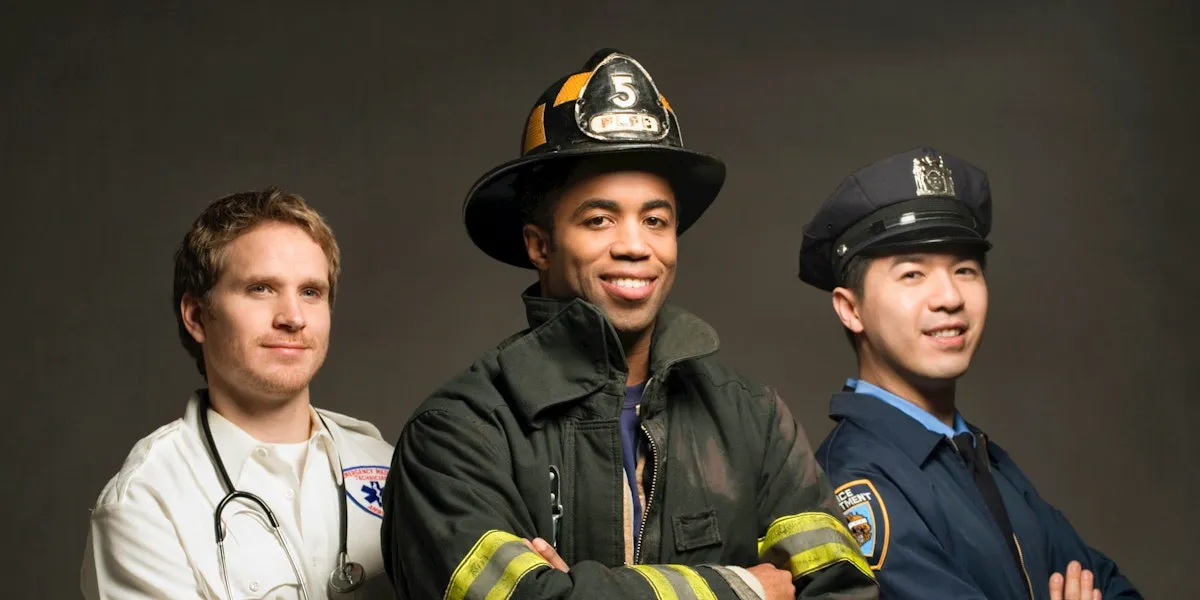Just because you’ve completed training, read all the books, and passed the courses doesn’t mean you’re fully prepared for the streets. Any seasoned police officer will tell you there’s a lot more to learn once you’re out in the real world. This is where experience, and especially learning from those who’ve been there, can save rookies from a lot of mistakes and embarrassment. It’s the key to building a successful law enforcement career.
Experienced police officers, whether still active or retired, have valuable advice for newcomers. These are people who’ve climbed through the ranks, earned advanced degrees in law enforcement, and some have even become educators or written books on the subject. The common thread between them? They all started as rookies, and those who listen to their advice will lay the groundwork for a stable, successful career. It’s crucial to learn from those who’ve “walked the beat” and know that post-academy life can be stressful.
Honesty is Key
One of the biggest rules for rookies is simple: don’t lie. No matter how badly you’ve messed up, own it. If your field training officer asks whether you’ve completed a task, be honest. Whether it’s forgetting to pat down a suspect or making a mistake on a report, just admit it. Departments are often willing to give second chances for errors, but lying will damage your career quickly. Your peers and supervisors depend on your honesty for reports, investigations, and courtroom testimony. Honesty is not only about building your reputation—it’s essential to earning trust.
Master Your Role
Rookies are also reminded to know the job. Watch, listen, ask questions, and never stop learning. It’s normal to feel unprepared at first, but practice and good training will build your confidence. Whether it’s handling firearms or operating police equipment, mastering these skills could save lives, including your own. Laws, policies, and technology are always changing in this field, so staying updated is critical. Reading legal updates, improving your physical skills, and staying sharp with firearms are all part of being prepared for anything you might face on duty.
Teamwork Over Ego
Another key to success is learning to be a team player. You might feel like a professional after graduating from the academy, but the real work is just beginning. Rookies should avoid showing off or pretending they know it all. Respect your supervisors and remember, they have something to teach you even if their methods are different or old-fashioned. Developing thick skin is also important, as the job comes with verbal abuse and difficult situations.
Being part of a team also means taking part in community events, volunteering, and supporting the agency beyond your regular duties. It’s an excellent way to show your commitment and helps build strong community relations, which is more important now than ever.
Finding Balance
Lastly, balance is crucial. Many seasoned officers advise rookies to balance their work life with family, faith, and friends. If things at home are unstable, it will affect your ability to focus on the job. While it’s tough to leave work at the station, it’s necessary if you want to maintain a healthy personal life. This balance will keep you grounded, both at work and at home.
Conclusion
If you want a closer look at the life of a rookie cop and the challenges they face, be sure to check out The Double Deuce by H. Roc Traylor. The book offers insight into the life of a rookie police officer, showing how the job is more than just a paycheck—it’s a way of life. From completing military service to seeking an honest living, the book dives into the realities of what being a cop truly means.








